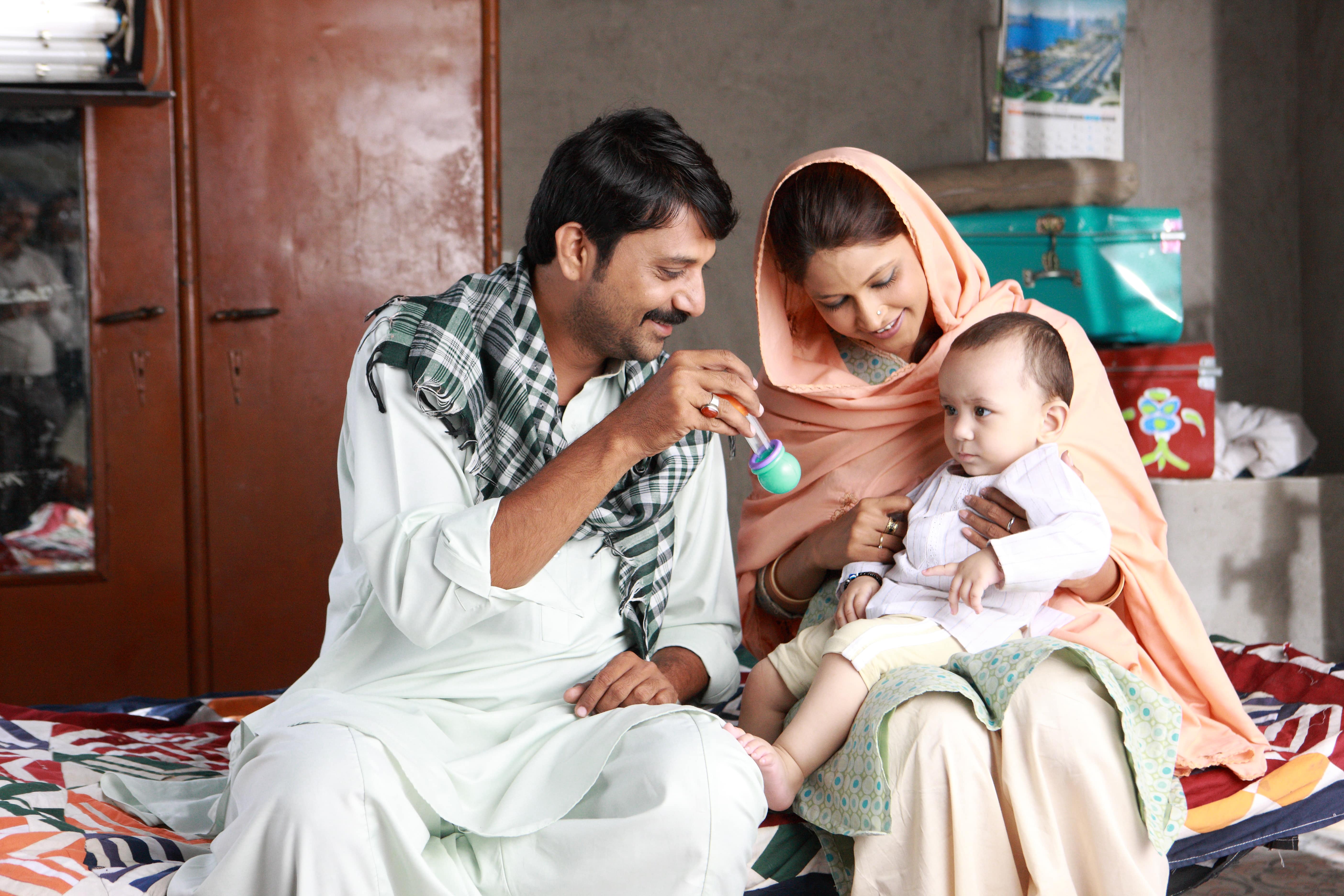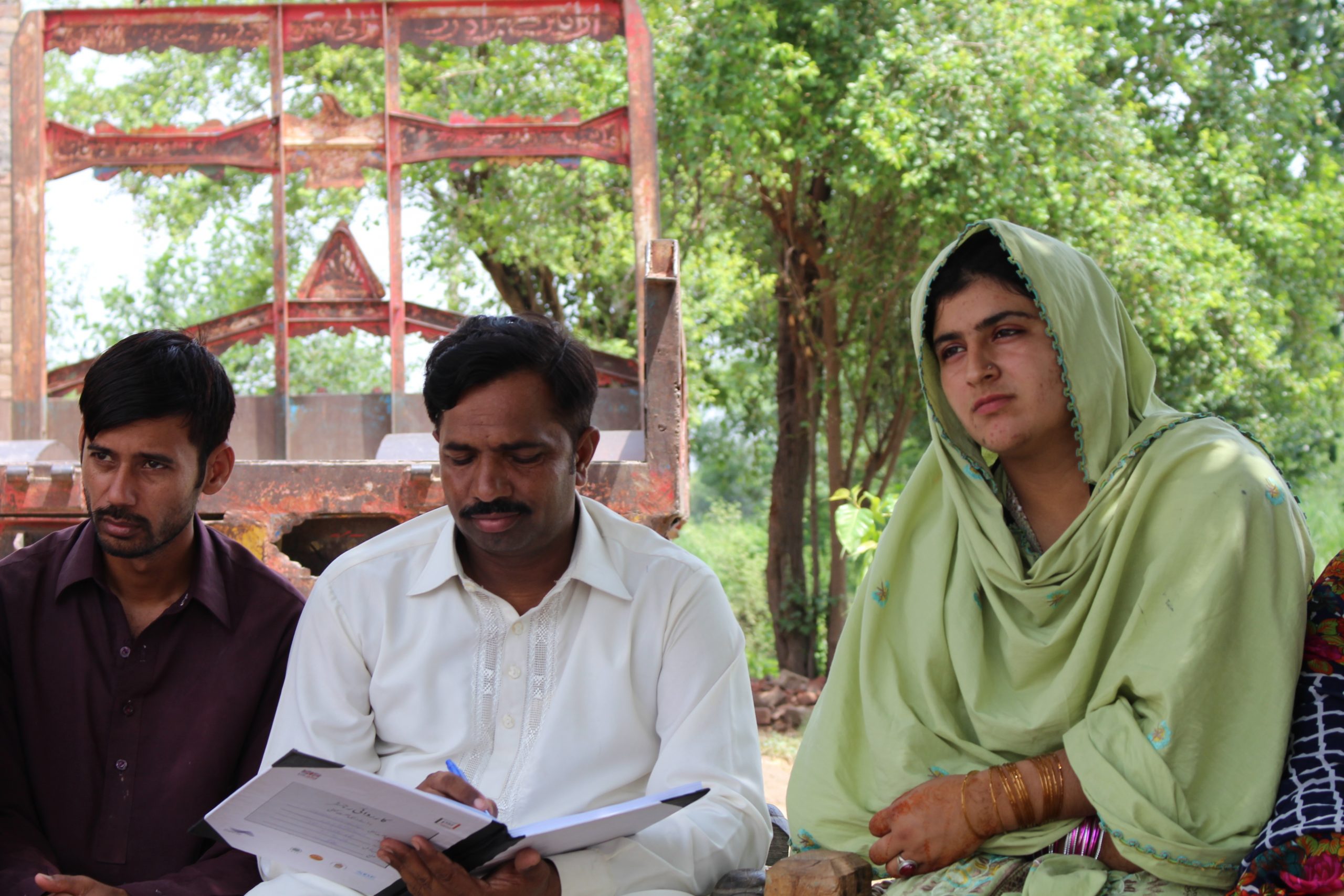PSI, in discussions with renowned INGOs concluded that there is a dire need to constitute the formation of…

Overcoming Barriers
June 16, 2023
Lending Ears To Unheard Voices
June 16, 2023Leveraging Technology to Improve Family Planning and Health Systems
United Nations’ demographic predictions for Pakistan estimate the country’s population to rise to 245 million by the end of the decade. The population growth conjugated with unemployment and low economic development present greater perils for the socio-economic fabric of Pakistan. Intending to transform the Family Planning (FP)/Birth Spacing model in the country, Population Services International (PSI) Pakistan collaborated with National Incubation Center Karachi (NICK) to organize the second round of a 48-hour-long online hackathon from the 24th – 26th June 2022.
The primary objective of the Hackathon 2.0 was to support the youth across Pakistan to engage in impactful policy solutions to make family planning readily available across the country. With over 600 applications received, 60 teams were invited to participate to develop innovative solutions and redesign the current approaches towards the themes identified by PSI Pakistan for the event. The themes of the Make Space Hackathon 2.0 comprised of pre-martial counselling, normalizing the dialogue on FP, and giving women freedom to choose when to have children.
The in-person finale of the event was conducted on 30th June 2022 in Karachi, with a group of young leaders from Gilgit of the Team Caliber, emerging as the first prize-winners. The innovative idea of Team Caliber was to introduce a solution coupled with artificial intelligence to engage children in dialogues regarding Sexual and Reproductive Health (SRH), and in turn, help them in consultations with mental and SRH experts.

Team WoKahani and Humrah secured the positions of first and second runners ups respectively. Team WoKahani adopted a youth-oriented storytelling approach to address SRH awareness that is planned to be available both online and offline. The aim of Team WoKahani was to encourage healthy sexual practices and prevent reckless sexual activities among the youth. The second runner-up, Team Humrah, presented the pitch for a free, gender-inclusive mobile application that would connect the users with tele-consultants and chat representatives, provide useful infographics and voiceover IEC material, and help track menstrual and pregnancy cycles.
Leading up to the event PSI Pakistan’s Country Director Ayesha Leghari highlighted the significance of acting on the existing population crisis emerging in Pakistan. Talking to The News, she stated “This is an uphill battle that can only be won if we use out-of-the-box ideas and innovations that breakthrough the barriers of accessibility and cultural restrictions.”[1] Omar Abedin, Project Director at NICK, shared his insights on the opportunity to be working with PSI Pakistan, “The work that PSI Pakistan does is vital for the economic security of the country and that coincides with our goals as an incubator that is a part of a large public-private partnership network”.[2]
The Make Space Hackathon presented a unique opportunity for future change-makers, along with the current development sector and entrepreneurial professionals to collaborate on creating design-solutions that were viable and sustainable to address the lack of FP in the country. The winning teams will be presented with an agreement to work with PSI Pakistan to convert their ideas into reality. All participating teams are to be invited to PSI Pakistan’s premises for a post-Hackathon event for agreement signing, cash prize distribution ceremony, and a networking session with other participants.






